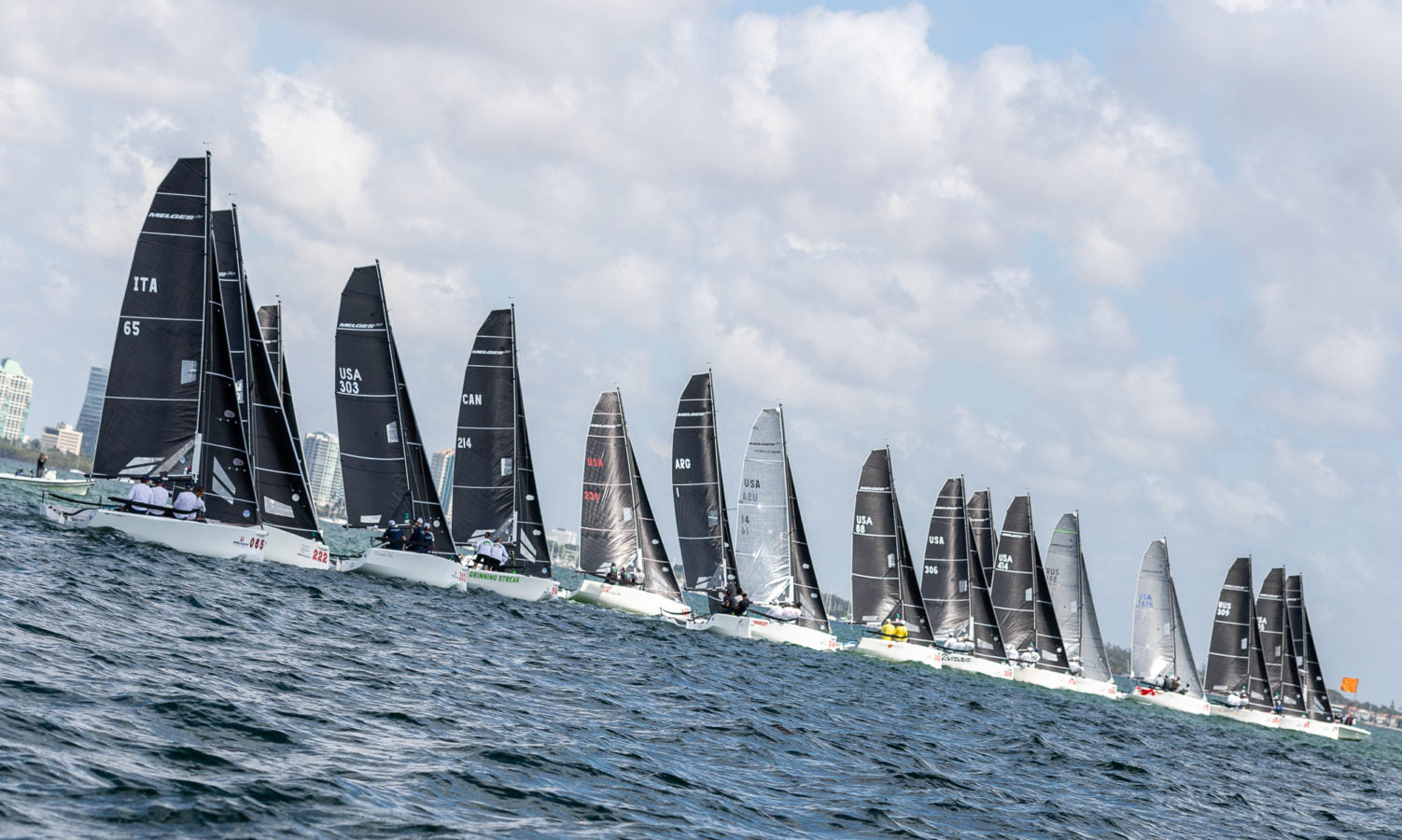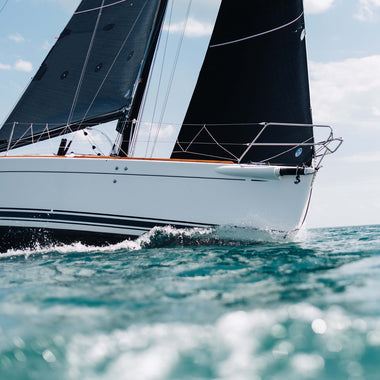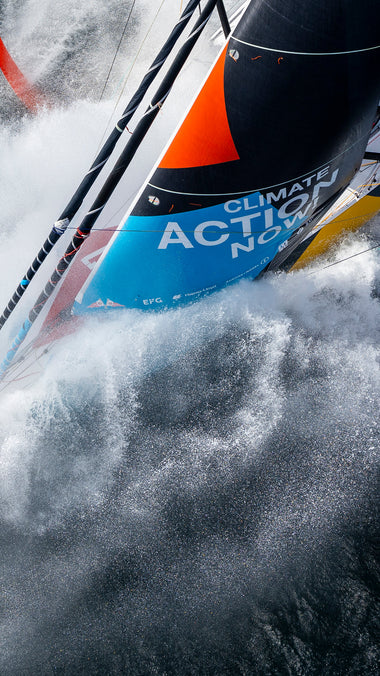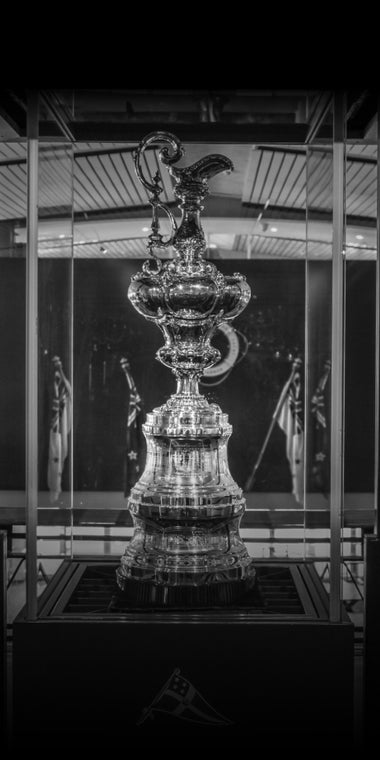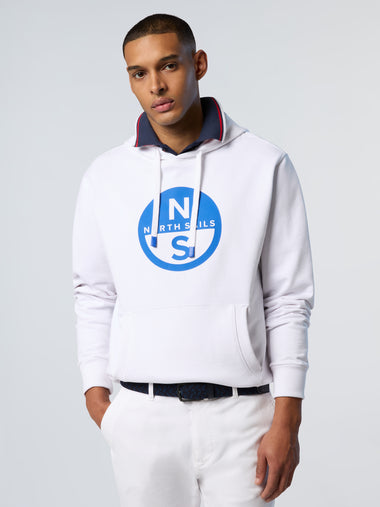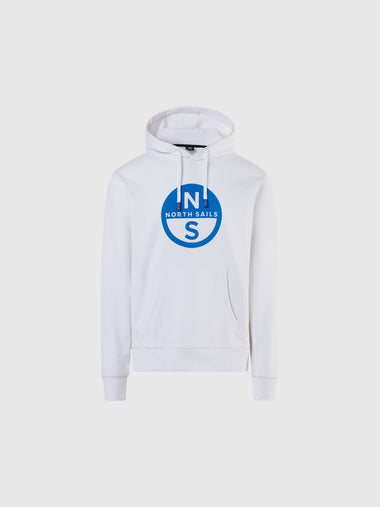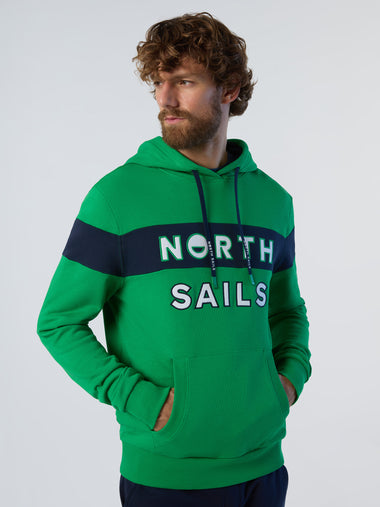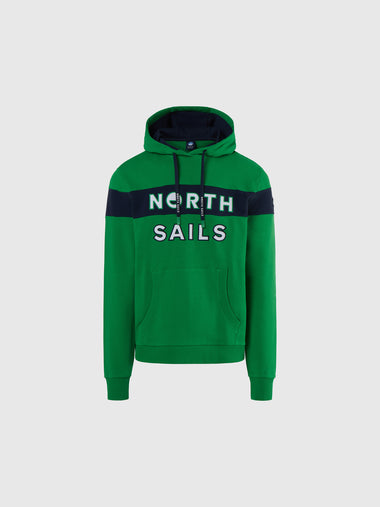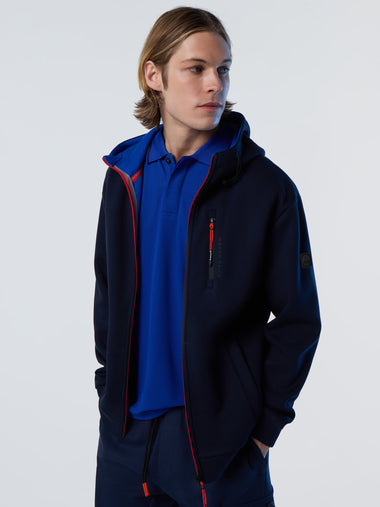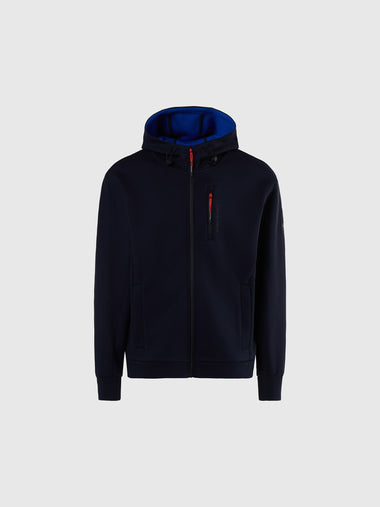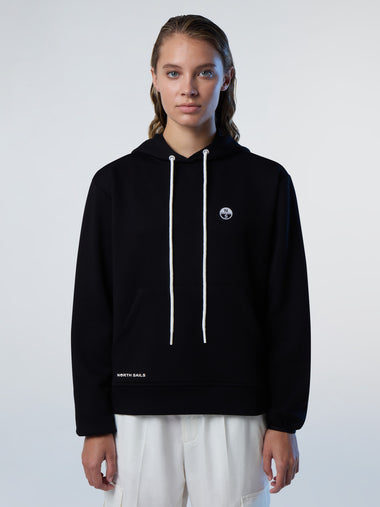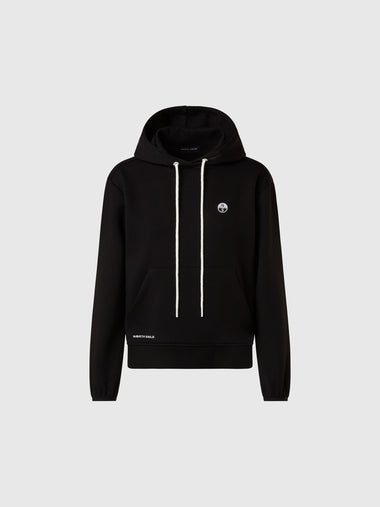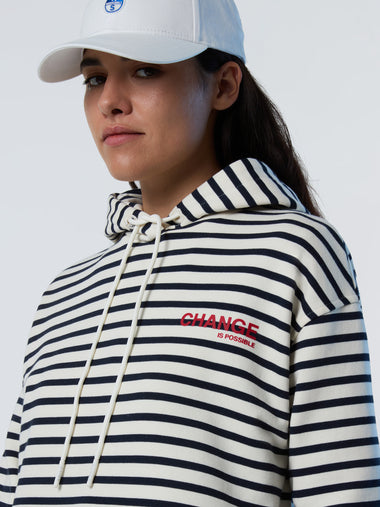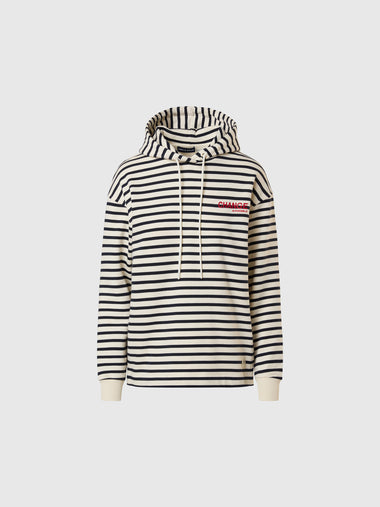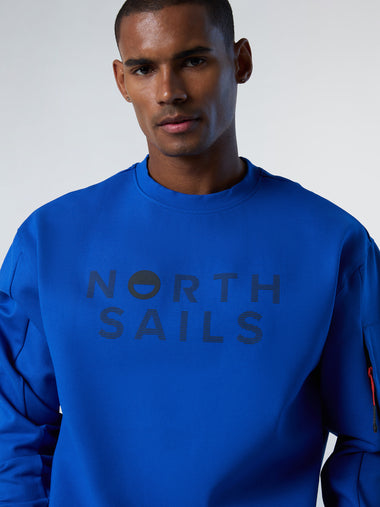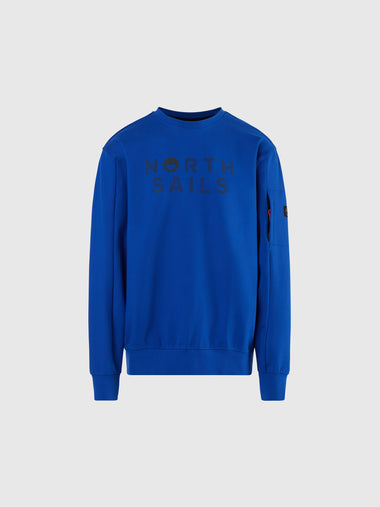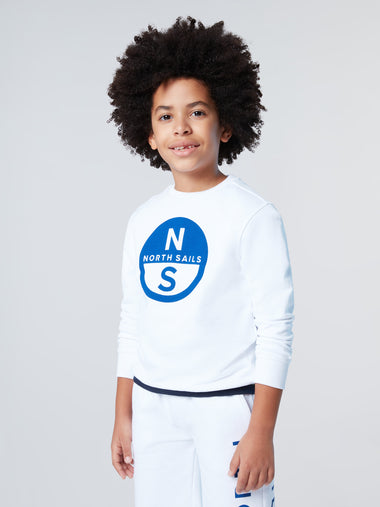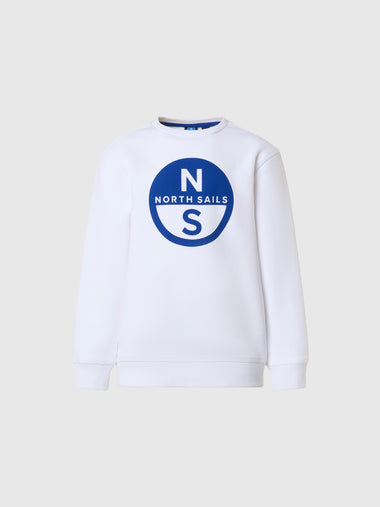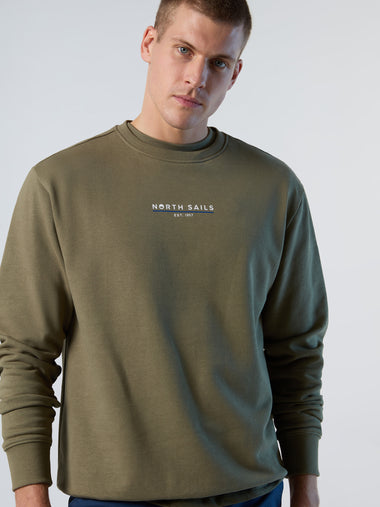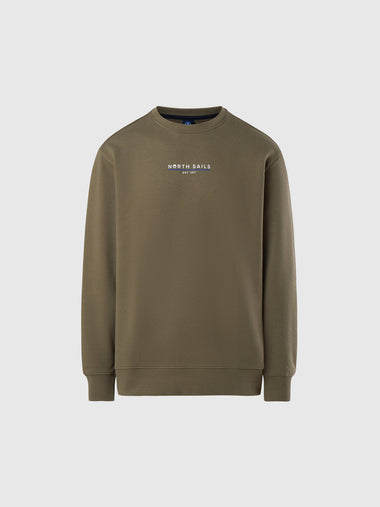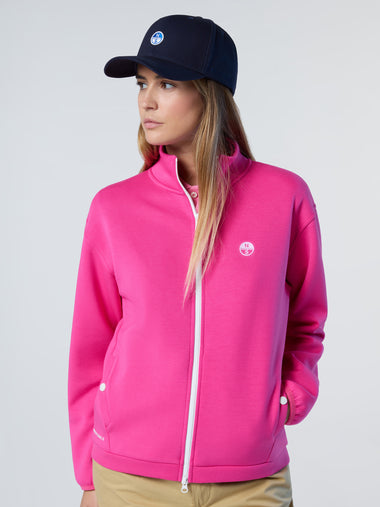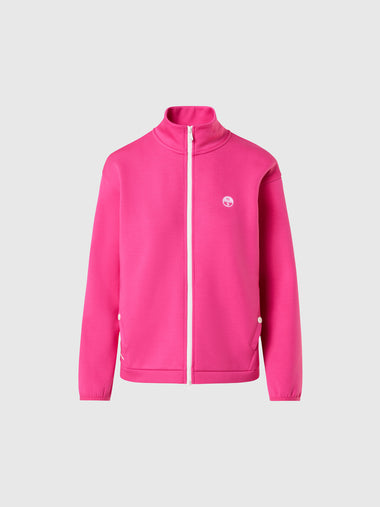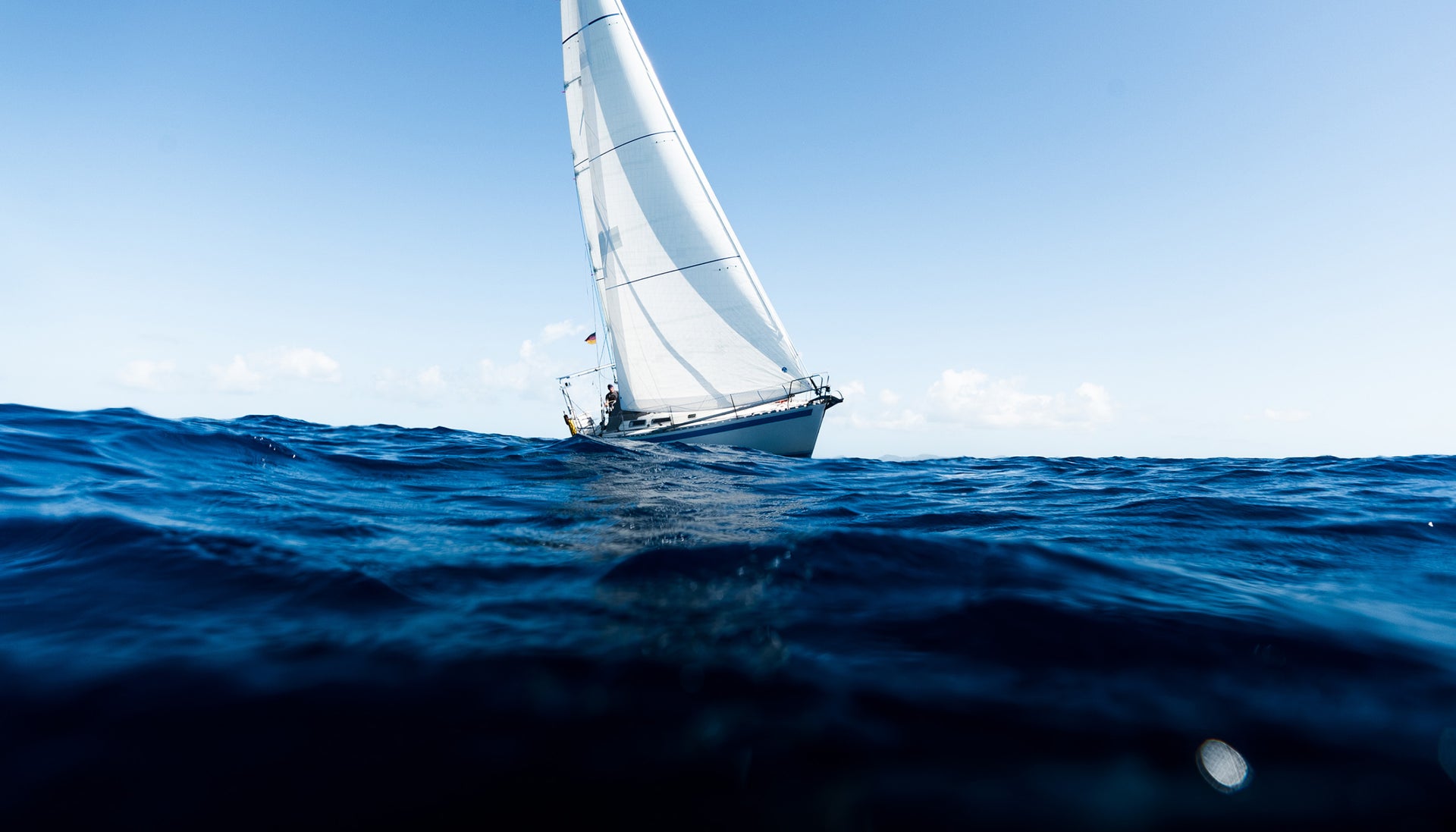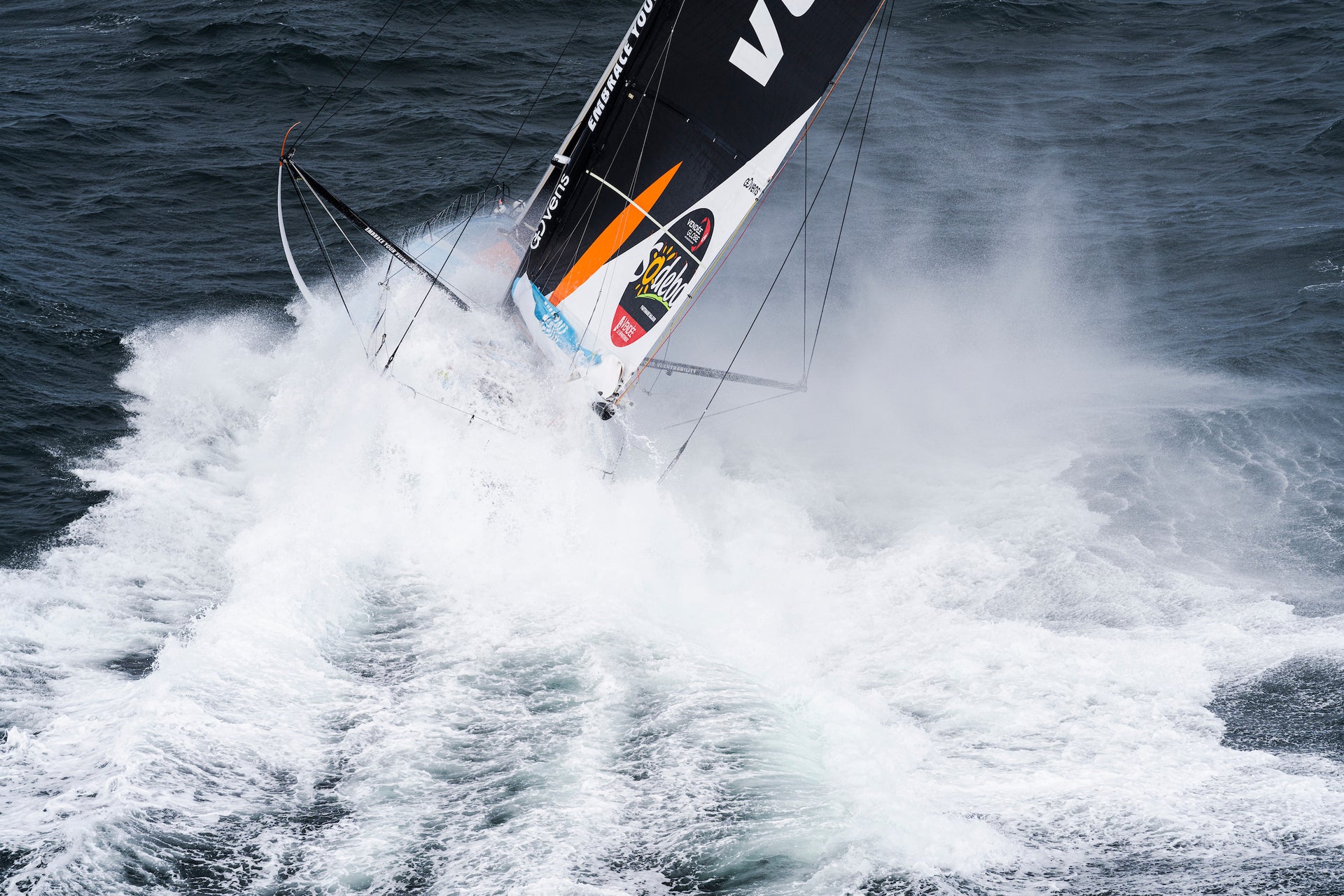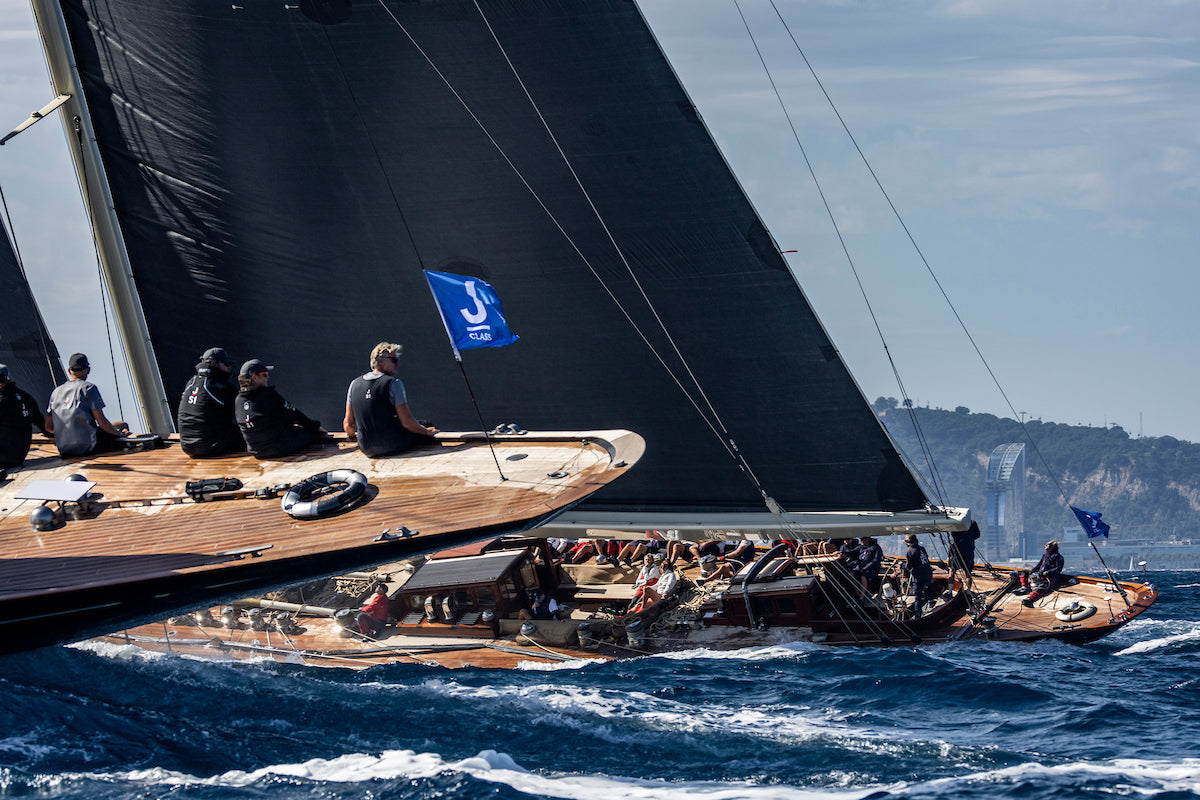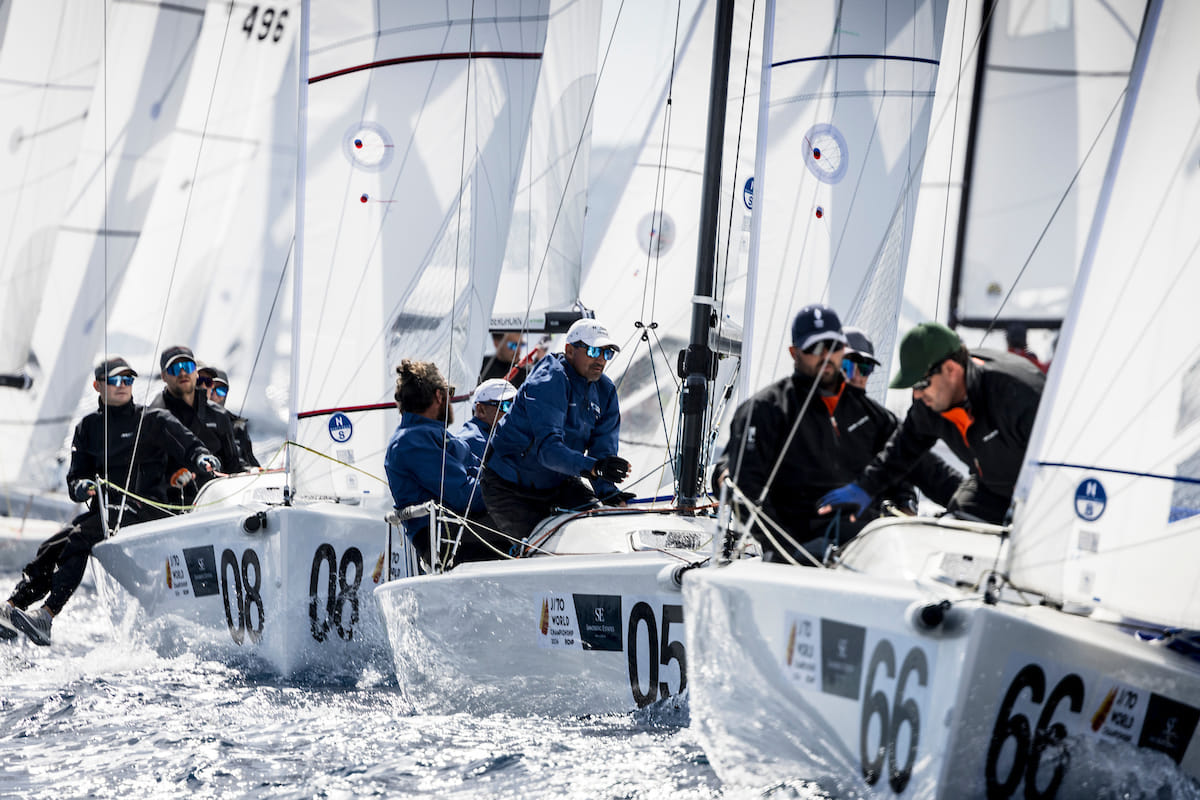STIG CONQUERED THE FLEET IN THE ULTIMATE COMEBACK
STIG CONQUERED THE FLEET IN THE ULTIMATE COMEBACK
Rombelli And Crew Triumph At The Melges 20 Worlds

Starting a World Championship with a deep score can be tough, but it was no match for Alessandro Rombelli’s team STIG. Having 16 points on the scoreboard after just one race could be the beginning of the end for most, but it was no concern for the team. One thing that made the difference for Alessandro’s team from the rest of the fleet at the Worlds was their incredible speed. Because of that, they held it together and put the bad race behind them- as they did with the rest of the fleet in the nine races following to earn the new World title by seven points after one discard.
Having a major comeback is not always possible because each team is very competitive, but STIG pulled it off with flying colors with outstanding crew work the help of their new 3Di wardrobe. We spoke to the owner and skipper, Alessandro after the final result and got an idea of what his team did during the event to overcome a rough patch and turn around and win the championship.

What difference do you notice using 3Di vs. your old 3DL?
“The new 3Di for the Melges 20 is much more effective. The shape holds perfectly, and is desirable in all conditions.”
It’s awe-inspiring you had a big come back in such a tight fleet. What did you do to clear your mind after the bad race on day one?
“We knew our team had the ability to be one of the top five teams at the Worlds. The first day we suffered an OCS, which was in the first start of the regatta. Although not a great way to start, we knew it was possible to overcome the obstacle. Being competitive with other teams and having great boat speed was our weapon. As it turned out, STIG was still in contention to win the regatta going into the final day of racing. With our great results in the last few races on Saturday, going into Sunday with a five-point advantage gave us the upper hand. Managing the fleet well was what STIG did best at the Worlds.”

What was your strategy upwind? How did that affect your tactical decisions?
“Our strategy upwind was to have the best starts we could, trying to stay as conservative as possible. Avoiding the middle was also key, and by getting out to an edge, we could gain more leverage on our competition.”
“We used the new the new jib design developed by Giovanni Cassinari, with the help of Michele Malandra, who simulated the design with our membrane software with the help of North Sail Designer, Mike Marshall. The new 3Di Ji-4 jib was a great tool for our upwind performance.”
“The new 3Di for the Melges 20 is much more effective. The shape holds perfectly, and is desirable in all conditions. The new 3Di Ji-4 jib was a great tool for our upwind performance.”
What conditions did you find you did the best?
“Sailing with four crew put us on the higher-end of the weight spectrum. The conditions at first were not to our advantage. On the last day of racing, the conditions improved and there was more wind, which helped us win the first race of the day by a considerable margin.”
What were some contributing factors to your overall performance over the course of the event?
“Our team spirit, attention to detail, competence, and skills were contributing factors to our success at the Worlds. Francesco Bruni, Giorgio Torarolo, and Tea Faoro are a talented crew to sail with.”
Congratulations team STIG on a job well done!


